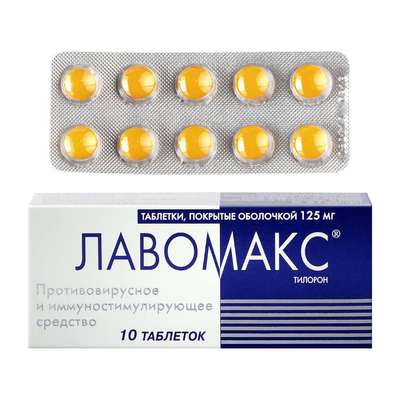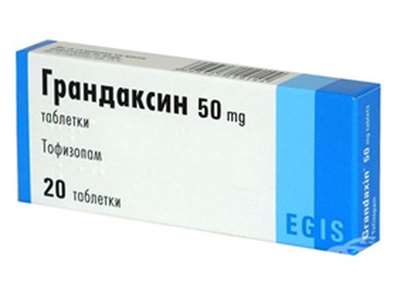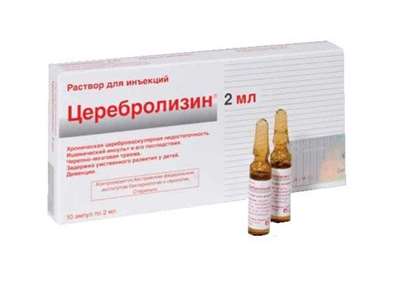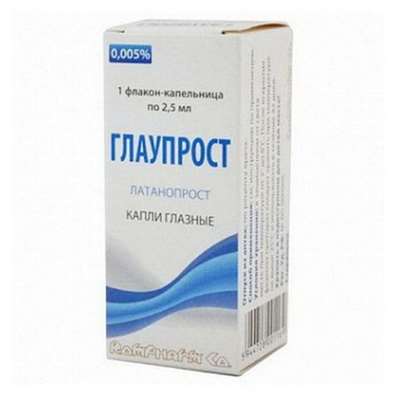Instruction for use: Betaver
I want this, give me price
Dosage form: tablets
Active substance: Betahistine*
ATX
N07CA01 Betahistine
Pharmacological groups:
Angioprotectors and microcirculatory correctors
Histaminomimetics
The nosological classification (ICD-10)
H81.0 Meniere's disease: Meniere's syndrome/ disease; Meniere's disease; Meniere's syndrome; Labyrinth dropsy; endolymphatic hydrops
H81.4 Vertigo of central origin: Vertigo labyrinthine origin; vestibular vertigo; Vertigo of vascular origin
H81.8 Other disorders of vestibular function: Cogan's syndrome
H81.9 Unspecified Violation of vestibular function: Labyrinth, vestibular disorders; Labyrinth disorders; vestibular nystagmus; kohleovestibulyarny disorder; Kohleovestibulyarny syndrome vascular origin; Violation of the microcirculation in the maze; Ischemic disorders of hearing and balance
H83.3 Noise in the inner ear: Noise in the ears; Idiopathic tinnitus
H91 Other hearing loss: Age-related vascular hearing loss; Age-related vascular drop in hearing; Age-related hearing impairment; Idiopathic hearing loss; Decreased acuity of hearing; Hearing loss; Deteriorating hearing of vascular or toxic origin; Perceptual hearing loss
H93.1 Tinnitus (subjective): Tinnitus; kohleovestibulyarny disorder; Cochle-vestibular disorders ischemic nature; tinnitus
R11 Nausea and vomiting: Postoperative vomiting; Nausea; Vomiting; Vomiting in the postoperative period; Vomiting medication; Vomiting in the background of radiation therapy; Vomiting uncontrollable; Vomiting in radiation therapy; Persistent vomiting; Indomitable vomiting; Postoperative nausea; Vomiting with chemotherapy; Vomiting of the central genesis; Vomiting with cytotoxic chemotherapy; Persistent hiccups; Repeated vomiting
R42 Dizziness and disturbance stability: vertigo; Dizziness; Dizziness and nausea during travel on transport; disorders of balance; vestibular disorders; disequilibrium; Ischemic disorders of hearing and balance
R51 Headache: pain in the head; cephalgia; Pain in sinusitis; Pain in the neck; Pain headache; Headache vasomotor origin; Headache vasomotor origin; Headache with vasomotor disturbances; Headache; Neurological Headache; Continuous headache
Composition and release form
Tablets - 1 table.
Betahistine hydrochloride 8 mg; 16 mg
Auxiliary substances: MCC; Lactose (milk sugar); corn starch; PVP (povidone); Sodium carboxymethyl starch (primogel); talc; Aerosil (silicon dioxide colloidal)
In contour acheikova packing 10 pcs .; In a pack of cardboard 3 packages or in banks of dark glass for 30 pcs .; In a pack of cardboard 1 can.
Description of dosage form
Tablets are white or almost white in a flat-cylindrical form with a chamfer (for a dosage of 8 mg) and with a facet and a risk (for a dosage of 16 mg).
Pharmachologic effect
Mode action - histamine-like.
Pharmacodynamics
Betahistine acts mainly on the histamine H1 and H3 receptors of the inner ear and vestibular nuclei of the central nervous system. By direct agonistic action on the H1 receptors of the vessels of the inner ear, and also indirectly through the effect on the H3 receptors improves the microcirculation and permeability of the inner ear capillaries, normalizes the pressure of the endolymph in the labyrinth and cochlea. However, betahistine increases blood flow in the basilar artery.
Has a pronounced central effect, being an inhibitor of the H3 receptors of the nuclei of the vestibular nerve. Normalizes the conductivity in the neurons of the vestibular nuclei at the level of the brainstem.
Clinical manifestation of these properties is a decrease in the frequency and intensity of dizziness, a decrease in noise in the ears, and improvement in hearing in the event of a decrease in it.
Pharmacokinetics
Absorbed quickly, binding to plasma proteins is low. The time to reach Cmax is 3 hours. It is almost completely excreted by the kidneys in the form of metabolite (2-pyridylacetic acid) for 24 hours. T1 / 2 3-4 hours.
Indications for the Betaver
Treatment and prevention of vestibular vertigo of various origin;
Syndromes including dizziness and headache, tinnitus, progressive hearing loss, nausea and vomiting;
Disease / Meniere's syndrome.
Contraindications
Hypersensitivity to any of the components of the drug;
Pregnancy and lactation (due to insufficient data).
Carefully:
Peptic ulcer of the stomach and duodenum (including in the anamnesis);
Pheochromocytoma;
bronchial asthma.
These patients should be observed regularly during the treatment period.
Application in pregnancy and breastfeeding
Contraindicated in pregnancy. For the duration of treatment, breastfeeding should be stopped.
Side effects
Gastrointestinal disorders. In very rare cases, there were reports of hypersensitivity reactions from the skin (rash, itching, urticaria); Edema of Quincke.
Interaction
Cases of interaction or incompatibility with other drugs are unknown.
Dosing and Administration
Inside, with food.
BetaverŪ 8 mg - 1-2 tablets. 3 times a day.
BetaverŪ 16 mg - 1 / 2-1 table. 3 times a day.
Improvement is usually noted already at the beginning of therapy, a stable therapeutic effect occurs after 2 weeks of treatment and may increase over several months of treatment.
Duration of drug intake is selected individually.
Overdose
Symptoms: nausea, vomiting, there may be seizures when taking a dose of more than 640 mg.
Treatment: gastric lavage, reception of activated charcoal, symptomatic therapy.
Special instructions
BetaverŪ does not have a sedative effect and does not affect the ability to drive a car or work on machines and machinery.
Storage conditions of the drug Betaver
In dry, the dark place at a temperature of no higher than 25 ° C.
Keep out of the reach of children.
Shelf life of the drug Betaver
2 years.
Do not use after the expiry date printed on the package.

 Cart
Cart





